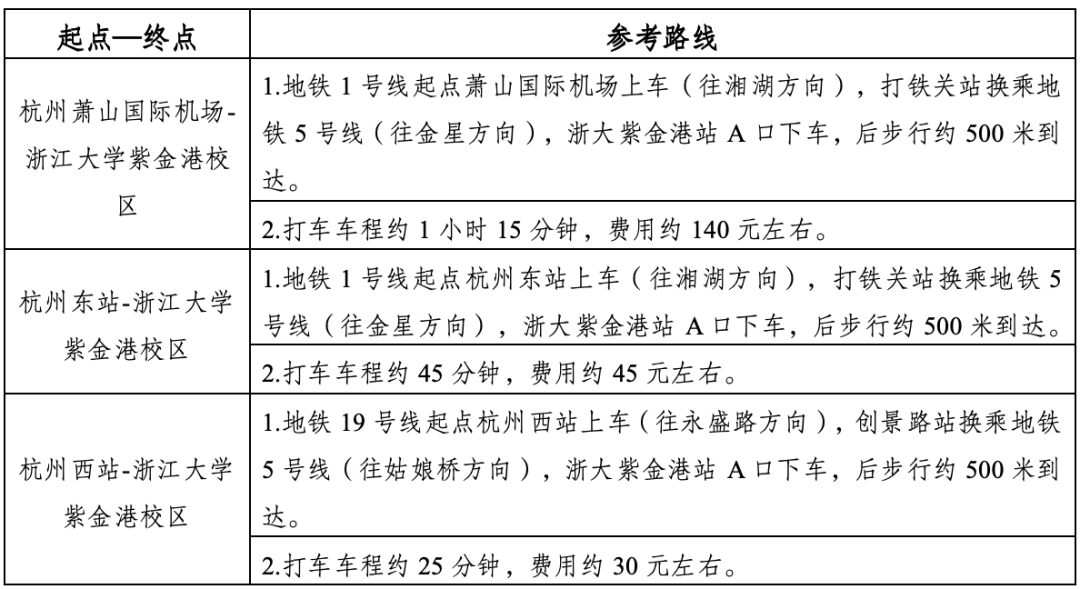Machine learning, AI and Data Science (MAD) is changing the world from different dimensions, and agricultural and food economics is no exception. In contrast to econometrics of causal analysis, machine learning put more emphasis on prediction and pattern recognition. This course will briefly introduce machine learning algorithms for research of agricultural and food economics. It will help researchers to master basic techniques in programing for machine learning with Python and their application in food economics and agribusiness analysis.

于晓华,德国哥廷根大学发展与转型国家农业经济学讲席教授。2009年毕业于美国宾州州立大学,获得农业经济学与人口学双博士。2009年起任教于德国哥廷根大学,主要研究方向为农业经济学、行为经济学、经济史、数量经济学、应用机器学习等。2022年9月至2023年3月在康奈尔大学Johnson商学院担任访问教授。曾经或现在担任Agricultural Economics,China Economic Review等国际期刊副主编或者编委;以及非洲农业研究论坛(Forum for Agricultural Research in Africa)、联合国粮农组织2024年度报告,以及德国转型国家农业经济研究所(IAMO)等国际组织的科学咨询委员等职务。在American Journal of Agricultural Economics, Journal of Economic Dynamics and Control, Land Economics, Food Policy, Land Use Policy, Journal of Rural Studies 等期刊发表论文多篇。
【时间】2025年8月5日-8月10日
【地点】浙江大学紫金港校区,具体授课地点将通过邮件通知入营学员
【授课方式】面授+课后答疑
This course will introduce basic algorithms in machine learning and apply them to research of agribusiness and food economics. Specifically, we will introduce Python language, and how to use Python to realize plotting, feature engineering, supervised machine learning (linear regression, logit model, support vector machine, k-nearest neighbor, random forest), unsupervised machine learning ( k-means clustering, PCA), deep learning (ANN, CNN, RNN, LSTM).
课程大纲
1. Introduction to Python and its application of machine learning in agricultural economics
2. Data Plotting and visualization
3. Linear regression and feature engineering
4. Logit model and support vector machine
5. K-nearest neighbor and discrimination analysis
6. Classification and random forest
7. Unsupervised learning: k-means clustering, Principal Component Analysis
8. Artificial neural network and deep learning (CNN, RNN, LSTM)
9. Machine learning with time series data
10.Text Mining &LLM
时间 | 课程内容 | |
2025.08.05 | 9:00-10:30 | Introduction to Python and its application of machine learning in agricultural economics |
10:30-11:00 | 论文写作与方法应用交流 | |
11:00-12:00 | Introduction to Python and its application of machine learning in agricultural economics | |
午间休息 | ||
14:00-15:30 | Data Plotting and visualization | |
15:30-16:00 | 论文写作与方法应用交流 | |
16:00-17:00 | Data Plotting and visualization | |
2025.08.06 | 9:00-10:30 | Linear regression and feature engineering |
10:30-11:00 | 论文写作与方法应用交流 | |
11:00-12:00 | Linear regression and feature engineering | |
午间休息 | ||
14:00-15:30 | Logit model and support vector machine | |
15:30-16:00 | 论文写作与方法应用交流 | |
16:00-17:00 | Logit model and support vector machine | |
2025.08.07 | 9:00-10:30 | K-nearest neighbor and discrimination analysis |
10:30-11:00 | 论文写作与方法应用交流 | |
11:00-12:00 | K-nearest neighbor and discrimination analysis | |
午间休息 | ||
14:00-15:30 | Classification and random forest | |
15:30-16:00 | 论文写作与方法应用交流 | |
16:00-17:00 | Classification and random forest | |
2025.08.08 | 上午 | 自由学术交流 (开放数智三农实验室平台) |
下午 | 自由活动安排 | |
2025.08.09 | 9:00-10:30 | Unsupervised learning: k-means clustering, Principal Component Analysis |
10:30-11:00 | 论文写作与方法应用交流 | |
11:00-12:00 | Unsupervised learning: k-means clustering, Principal Component Analysis | |
午间休息 | ||
14:00-15:30 | Artificial neural network and deep learning (CNN, RNN, LSTM) | |
15:30-16:00 | 论文写作与方法应用交流 | |
16:00-17:00 | Artificial neural network and deep learning (CNN, RNN, LSTM) | |
2025.08.10 | 9:00-10:30 | Machine learning with time series data |
10:30-11:00 | 论文写作与方法应用交流 | |
11:00-12:00 | Machine learning with time series data | |
午间休息 | ||
14:00-15:30 | Text Mining &LLM | |
15:30-16:00 | 论文写作与方法应用交流 | |
16:00-17:00 | Text Mining &LLM | |
【主办单位】
浙江大学中国农村发展研究院(浙大卡特)
浙江大学公共管理学院数智三农实验室
【协办单位】
浙江大学可持续农食系统转型国际学科联盟(GreNAST)
浙江大学-国际食物政策研究所国际发展联合研究中心
浙大卡特资源环境与农业发展研究团队(READ团队)
【招生与报名】
1. 招募对象:主要面向农经、经济管理等社会科学领域博士研究生、博士后、青年教师,招收人数60人(满额不再补录)。
2. 学科背景:农林经济管理、应用经济、经济地理、公共管理等专业。
3. 基础知识:具备较好的统计学和计量经济学相应基础,对机器学习感兴趣(本课程从零开始学习Python)。
4. 报名方式:本次工作坊将于2025年7月3日开放报名,请有意者在2025年7月28日中午12:00前填写信息(https://www.wjx.cn/vm/PEMNVpu.aspx#)或扫描下方二维码报名。

暑期学校报名通道
5.报名资料:请提供个人简介一份(通过报名问卷链接提交),突出修读的课程、学术成果和课题情况(简介命名:浙大卡特首届机器学习暑期学校+学员+姓名+高校)。
【参与费用】
1.本届暑期学校项目为公益性学术活动,7月28日前报名师生,不收取任何费用。为了保障更多师生学习权利,主办方对报名成功但无故缺席的学员,不再接受相关学员下一年度暑期学校或其他主办方限额学术交流活动的申请。若需退出,请提前告知课程助理或负责老师。
2.学习期间食宿与差旅自理。
3.我们将为参加五天(含)以上课时并完成课后练习的学员颁发优秀学员证书。获得优秀学员的学生,可申请浙大卡特、数智三农实验室的“求智”奖励计划差旅补贴300元。
【注意事项】
1.主办单位为报名成功的学员发放入场码,按入场码参与学习。因场地受限,暂不接受现场临时参加师生。
2. 学员在培训期间请勿拍照,如需获得课程资料或相关信息,请务必事先与老师沟通。
【*特招*课程助教2名】
1. 工作内容:
【课前准备】协助学员安装课件和软件,回答学员的一些常见问题;
【课后答疑】针对前一天学习的内容,在微信群中答疑;
2. 要求: 热心、尽职,精通Python,具备良好的机器学习基础,能对常见问题进行解答和记录。
3. 报名资料:请提供个人简历一份(报名问卷需提交),突出修读的课程、发表与机器学习相关学术成果和课题情况(简历命名:浙大卡特首届机器学习暑期学校+助教+姓名+高校)。
4. 报名方式:助教申请即日起开放报名,填写信息(https://www.wjx.cn/vm/tZCgzF0.aspx#)或扫描下方二维码报名。

助教申请通道
5. 截止时间:请有意者在2025年7月18日中午12:00前提交报名信息,7月20日左右公布名单。
6.特别说明:可获得更佳的学术交流并有机会参与主办方在研课题,提供适当的差旅补贴和餐补。
【联系方式】
梁 杰 博士研究生
联系电话:17857124832
联系邮箱:liangjie12@zju.edu.cn
迟舒桐 博士研究生
联系电话:15809136247
联系邮箱:shutong_chi@163.com
李园儿 老师
联系邮箱:0922c74@zju.edu.cn
【地图导航】
附表1:交通

附表2:入校办理



